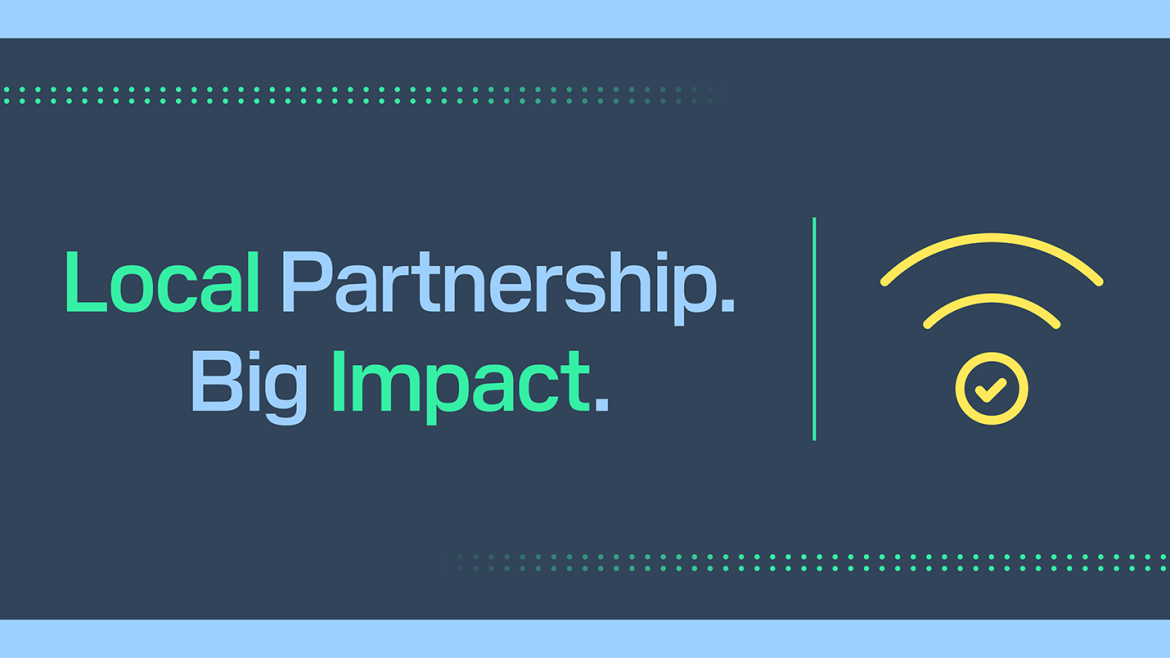Vyve Fiber Customer Case Study – City of Groesbeck, Texas City Office and Police Department
https://business.vyvebroadband.com/wp-content/uploads/sites/2/2023/03/vyve-business-resource-local-partnership-big-impact2x.png
1536
804
Vyve Business
//business.vyvebroadband.com/wp-content/uploads/sites/2/2025/11/vyve-business-2025-logo2x.png
Download the full case study here: City of Groesbeck, Texas City Office and Police Department Case Study


